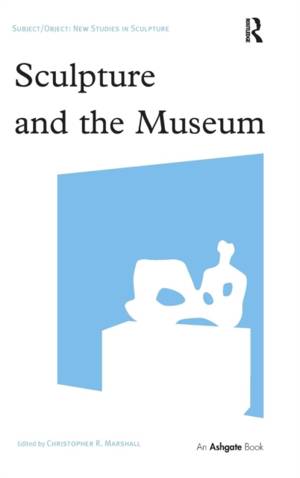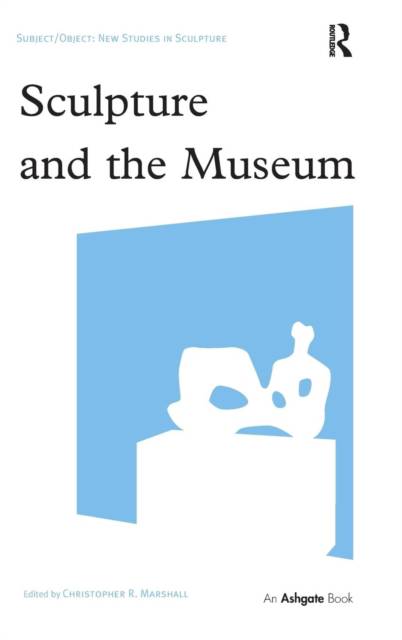
- Afhalen na 1 uur in een winkel met voorraad
- Gratis thuislevering in België vanaf € 30
- Ruim aanbod met 7 miljoen producten
- Afhalen na 1 uur in een winkel met voorraad
- Gratis thuislevering in België vanaf € 30
- Ruim aanbod met 7 miljoen producten
Sculpture and the Museum
Omschrijving
Sculpture and the Museum is the first in-depth examination of the varying roles and meanings assigned to sculpture in museums and galleries during the modern period, from neo-classical to contemporary art practice. It considers a rich array of curatorial strategies and settings in order to examine the many reasons why sculpture has enjoyed a position of such considerable importance - and complexity - within the institutional framework of the museum and how changes to the museum have altered, in turn, the ways that we perceive the sculpture within it. In particular, the contributors consider the complex issue of how best to display sculpture across different periods and according to varying curatorial philosophies. Sculptors discussed include Canova, Rodin, Henry Moore, Flaxman and contemporary artists such as Rebecca Horn, Rachel Whiteread, Mark Dion and Olafur Eliasson, with a variety of museums in America, Canada and Europe presented as case studies. Underlying all of these discussions is a concern to chart the critical importance of the acquisition, placement and display of sculpture in museums and to explore the importance of sculptures as a forum for the expression of programmatic statements of power, prestige and the museum's own sense of itself in relation to its audiences and its broader institutional aspirations.
Specificaties
Betrokkenen
- Uitgeverij:
Inhoud
- Aantal bladzijden:
- 286
- Taal:
- Engels
- Reeks:
Eigenschappen
- Productcode (EAN):
- 9781409409106
- Verschijningsdatum:
- 28/11/2011
- Uitvoering:
- Hardcover
- Formaat:
- Genaaid
- Afmetingen:
- 156 mm x 234 mm
- Gewicht:
- 580 g

Alleen bij Standaard Boekhandel
Beoordelingen
We publiceren alleen reviews die voldoen aan de voorwaarden voor reviews. Bekijk onze voorwaarden voor reviews.








